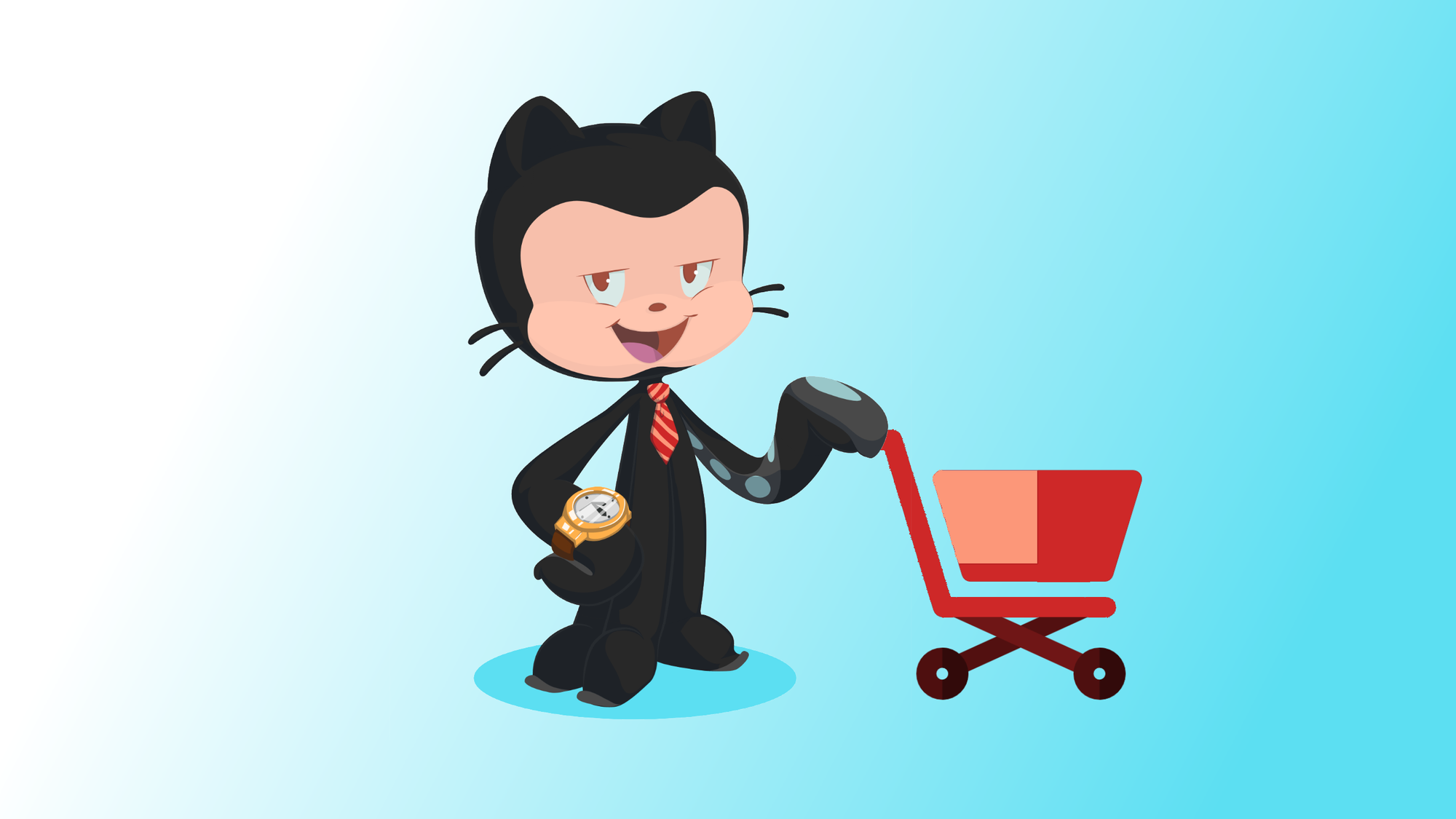GitHub enters eCommerce
GitHub announced yesterday a new feature for developers, sponsors-only repositories. Creating a code marketplace.

GitHub announced yesterday (2022 Feb 2) a new feature for developers, sponsors-only repositories.
Developers and organizations with GitHub Sponsors enabled will now be able to attach a private repository to each of their sponsorship tiers. This will grant respective funders access to the repository. These invites are automatically managed by GitHub, so there’s nothing left to manage after you set it up. This makes something many of you were doing manually to a supported part of GitHub Sponsors. We’re excited to see how you’ll use it!
This came at the same time as setting minimum amounts to become a sponsor. Essentially, sponsors can pay money to gain access to goods (code) and services (discussions). eCommerce in it's truest form. The update also came with better sales tax reporting and adding additional "sponsorable visibility", or as we know it in eCommerce call-to-action (CTA).
Calling them sponsors instead of buyers or customers and allowing for additional funds to be paid falls in line with the altruistic nature of open-source. While some in the open-source community may push back, insisting that code should be free as in speech AND beer, open-source contributors have often struggled to fund their work. Additional options and opportunities can be helpful, especially if used well and not abused.
This also follows the trends of other content creators, as Twitch, Patreon, and other platforms offer the opportunity for early release or custom content with a paid sponsorship (subscription).
The fee structure for GitHub sponsors does not follow the typical approach for an ecommerce channel. With individual sponsors incurring no fees and organization or corporate sponsors being 10%.
GitHub Sponsors does not charge any fees for sponsorships from user accounts, so 100% of these sponsorships go to the sponsored developer or organization. The 10% fee for sponsorships from organizations is waived during the beta.
With the ease of use and direct integration with GitHub, I don't see these deterring many people. I am curiuos about what impact this will have on the more traditional marketplaces where developers sell code.
